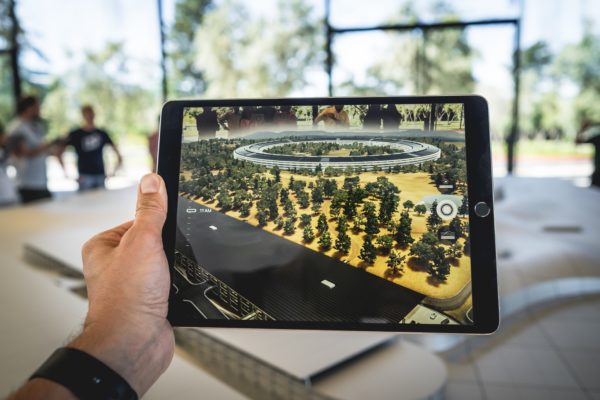This week’s global ransomware attack highlights the need to maintain the edge on cyber security research, according to a Deakin University expert.
The attack hit a number of vital operations around the world, including Britain’s public health system and Germany’s federal railway system.
Professor Yang Xiang, Director of Deakin’s Centre for Cyber Security Research (CCSR), said no country in the world was immune to large-scale cyber-attacks.
[testimonial_text]Cyber-crime is big business, being conducted by large organisations that seek access to billions of dollars’ worth of financial gain[/testimonial_text]
[testimonial_picture name=”Professor Yang Xiang” details=”Director, CCSR”]
 [/testimonial_picture]
[/testimonial_picture]Prof Xiang said ransomware – malicious software that blocks users from accessing their computer system or data until a ransom is paid to unlock it – has existed for a long time, but the sheer scale of the recent attack rattled many sectors around the world.
“It’s a timely reminder that we need to be constantly alert and thinking about how we can protect important sectors that rely on personal data – like hospitals – where compromised security and a lack of access to data can literally put lives at risk,” he said.
“A wide range of Australian industries, particularly those that haven’t paid attention to keeping their cyber security systems up-to-date – such as the health and mining sectors – could be susceptible to this and future attacks.”
Prof Xiang said CCSR worked closely with industry and government on collaborative research projects to provide protection from major cyber security threats and stay one step ahead of cyber criminals.
The Centre’s vital work recently received an international boost, with Prof Xiang being named a Changjiang Scholar, one of only 52 academics from around the world to receive the accolade this year.
The Changjiang Scholar Award (also known as the Yangtze River Scholar Award) is the highest academic award issued to an individual by the Chinese Ministry of Education. It is conferred based on the awardee’s research contributions to global innovation.
The selection committee recognised Prof Xiang’s excellence in cyber security research, particularly his work on developing a robust traffic classification system; an innovative and efficient polymorphic malware classification system; and a novel generic framework for three-factor authentication in distributed systems – the first that is effective in both theoretical and practical perspectives.
Prof Xiang is also known for his significant contribution to cyber security research in developing a distributed denial of service (DDoS) defence and IP traceback system that can trace malicious attacking sources in real hardware, as well as tracing many more sources than current traceback systems.
Prof Xiang said he would use the award as an opportunity to collaborate with universities and industry in China to produce important research outcomes in cyber security.
Under the Changjiang Scholar Award, Prof Xiang will receive a professorship from Xidian University, one of China’s top universities with a focus on research in science innovation, electronics and information technology.
“Xidian University has strong capabilities in different sub-areas of cyber security,” Prof Xiang said. “I hope to work with them on projects that will be beneficial to Deakin and to Australia, such as data-driven cyber security, physical system security and large-scale attacks detection.”
To prevent becoming a victim of ransomware, people should update all the security patches and anti-virus programs on their computers, he advised.
Anyone already affected by ransomware should seek help and advice from security professionals.
“Unlocking files can be a difficult process, which is certainly best left to professionals,” Prof Xiang said. “Most of all, as tempting as it may be with your data at stake, I would strongly recommend against paying the ransom.
“It’s not ethical and it just helps criminals to grow their industry, while also encouraging copycat attacks.”
This story was published by Deakin Research on 18 May 2017.



